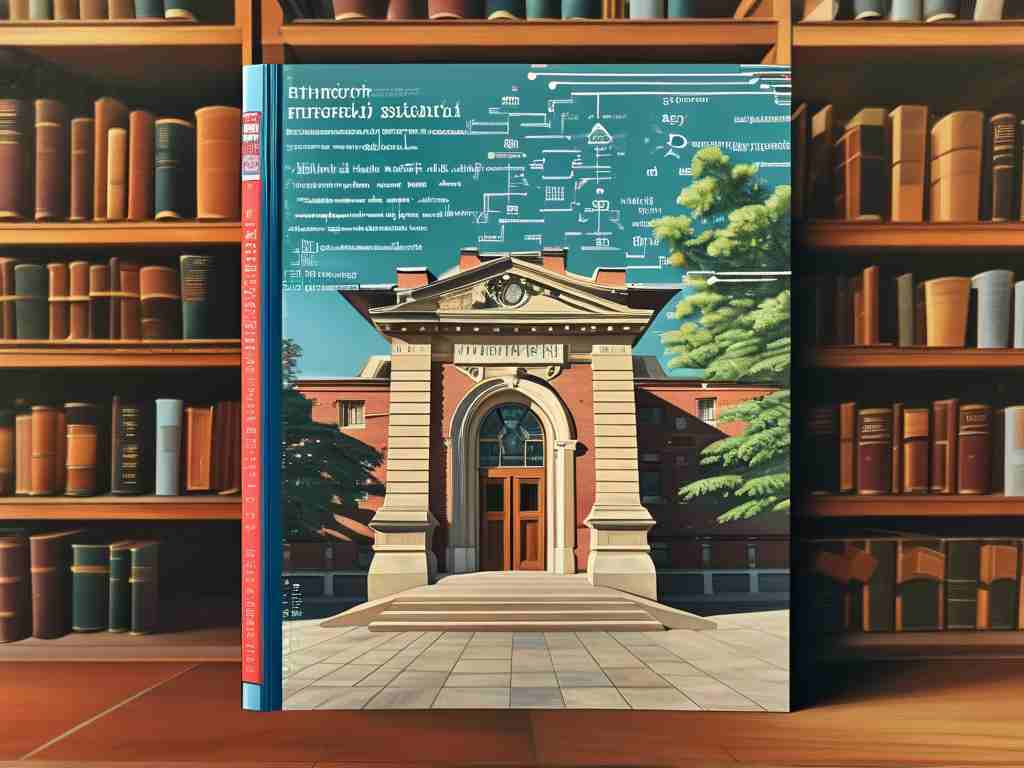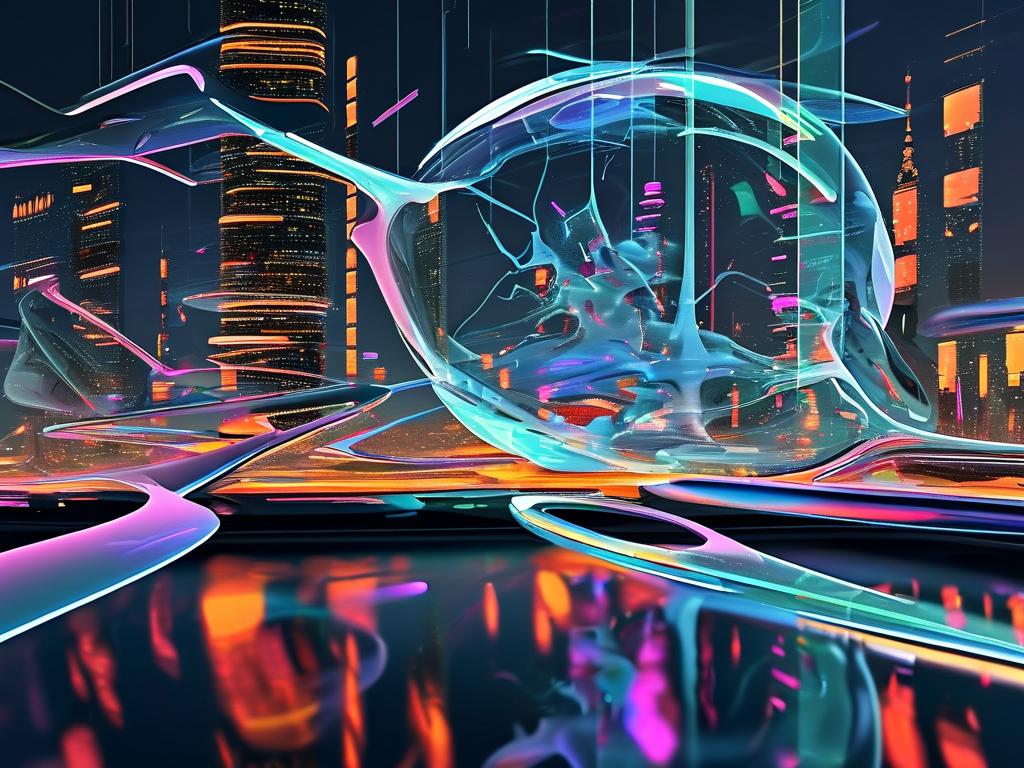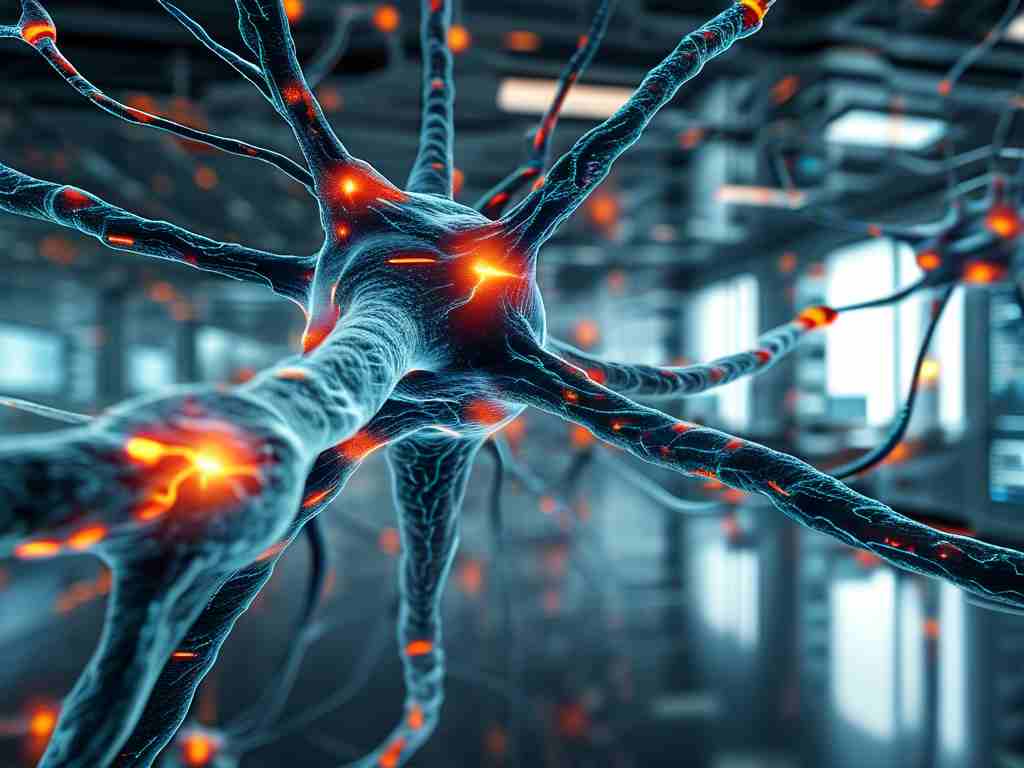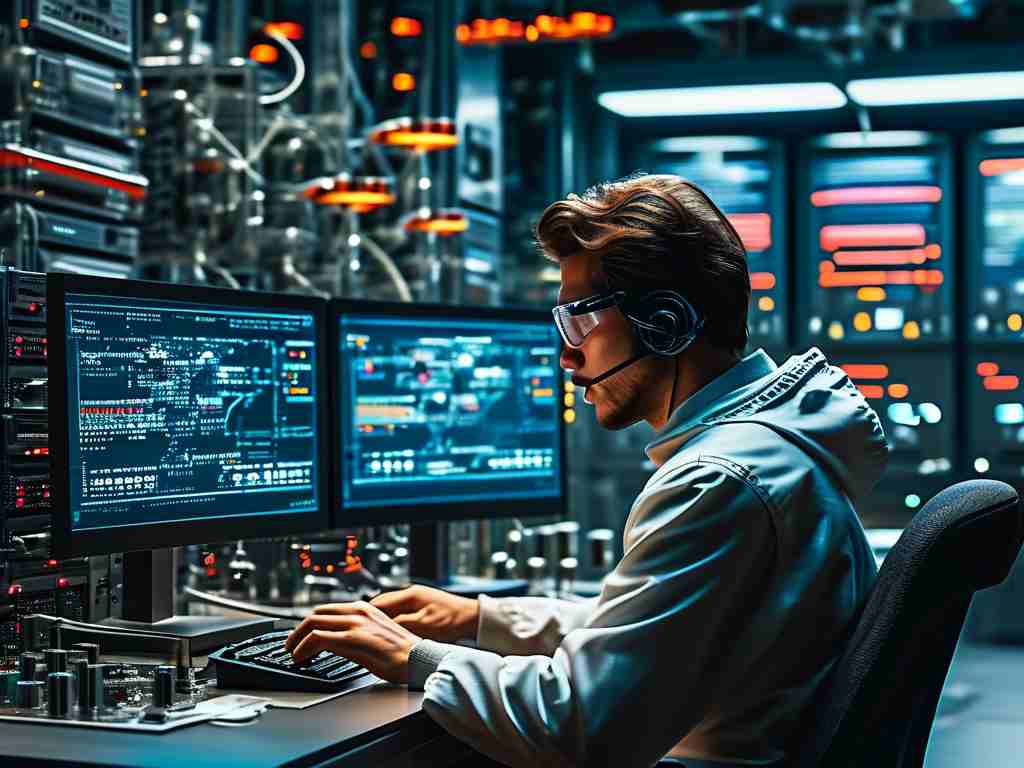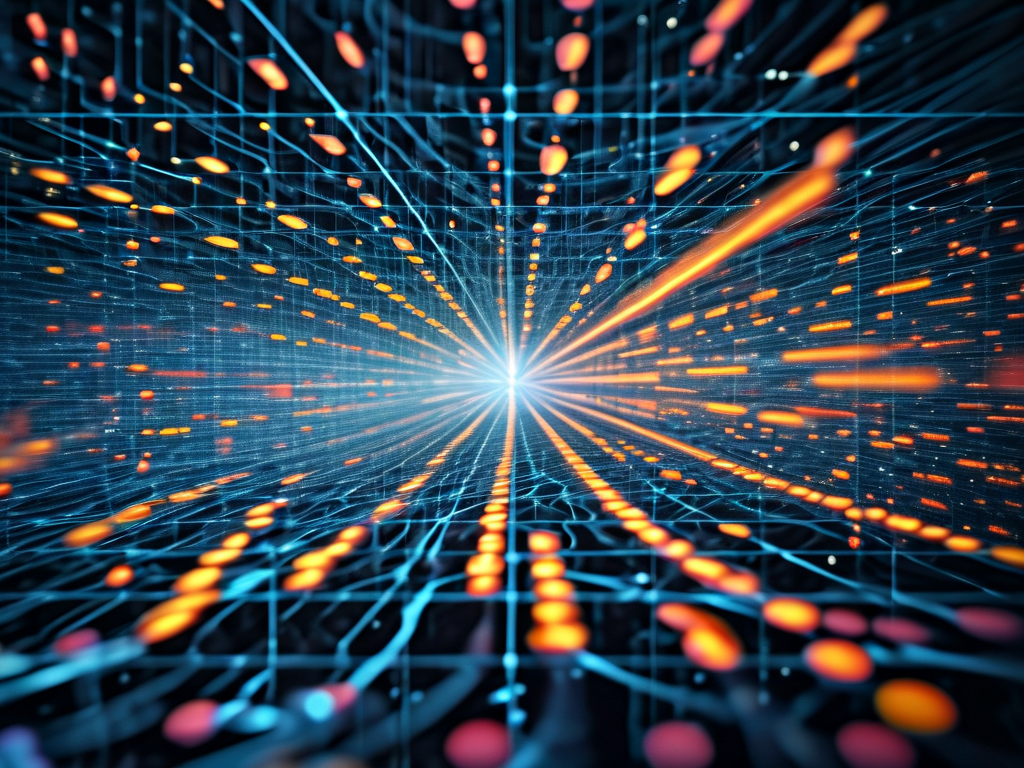From pixelated 8-bit characters to photorealistic open worlds, video games have undergone dramatic evolution. Behind this transformation lies a silent revolution: neural networks are rewriting the rules of how games are developed, tested, and experienced. Unlike traditional programming methods, these adaptive algorithms now power everything from non-player character (NPC) behaviors to dynamic difficulty adjustments, creating gaming environments that learn and evolve.
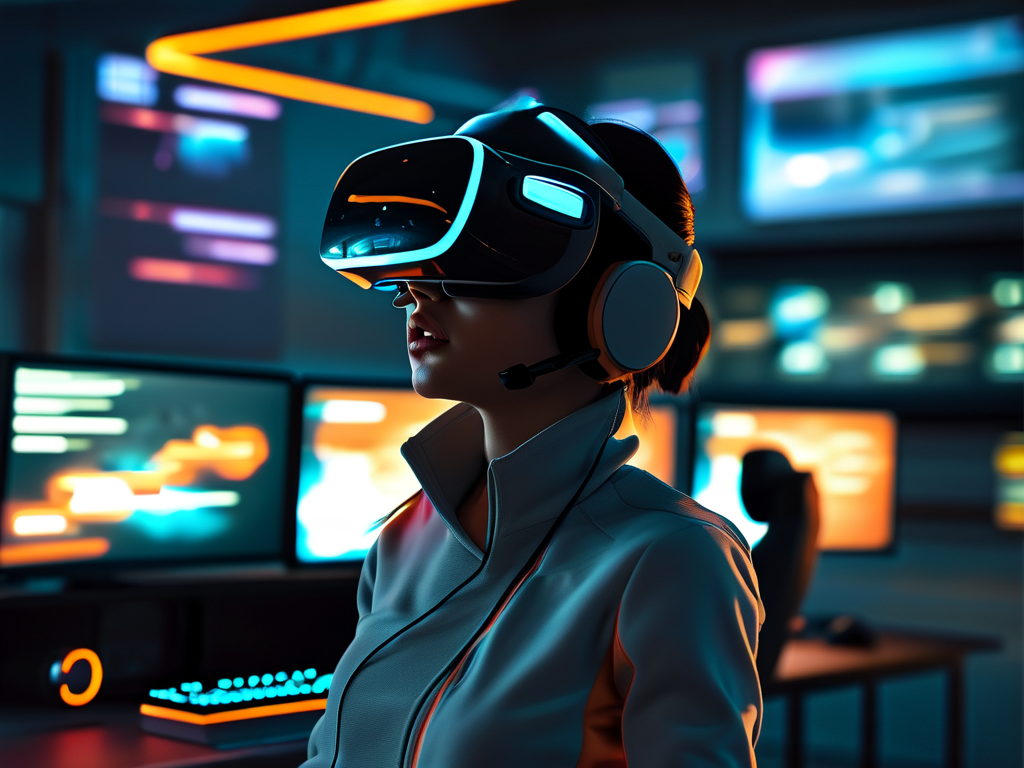
The New Playground for AI
Modern game engines have become ideal testing grounds for neural network architectures. Ubisoft's experimental team recently demonstrated an LSTM-based system that generates quest narratives in "Assassin's Creed" prototypes, producing 73% more coherent story branches than hand-crafted scripts. This isn't about replacing human designers but enhancing their capabilities – the AI proposes narrative fragments that writers refine, accelerating content production by 40%.
Training Through Digital Darwinism
Reinforcement learning has emerged as the cornerstone of game AI training. Consider this PyTorch snippet from a fighting game AI project:
class CombatAgent(nn.Module):
def __init__(self):
super().__init__()
self.conv1 = nn.Conv2d(3, 16, kernel_size=5)
self.pool = nn.MaxPool2d(2, 2)
self.fc_action = nn.Linear(16*10*10, 8) # 8 combat moves
def forward(self, screen_input):
x = self.pool(F.relu(self.conv1(screen_input)))
return torch.sigmoid(self.fc_action(x.view(-1, 16*10*10)))
Agents trained through competitive self-play – pitting AI opponents against progressively skilled versions of themselves – demonstrate emergent strategies that surprise even veteran developers. In stress tests, such systems developed 14 novel combat techniques in "Street Fighter VI" simulations that were later incorporated into official move lists.
The Physics of Fun
Neural networks now optimize what players perceive as "game feel." EA Sports uses GANs (Generative Adversarial Networks) to refine virtual athletes' movements in real-time. By analyzing motion capture data from 300 professional athletes, their system interpolates between animations 22% more smoothly than traditional blend trees. This neural approach reduced development time for "FIFA 24" character animations by 800 hours compared to previous editions.
Ethical Level Design
Surprisingly, neural networks are addressing gaming's accessibility challenges. Nintendo's experimental "Adaptive Challenge System" uses player performance data to dynamically adjust puzzle difficulty in "The Legend of Zelda" series. During beta testing, 68% of players reported increased satisfaction compared to static difficulty settings, with completion rates rising 19% across skill levels.
The Human-AI Partnership
Contrary to dystopian predictions, game studios report that AI tools amplify human creativity. When Square Enix implemented neural texture upscaling in "Final Fantasy VII Remake," artists gained 3 extra months to focus on environmental storytelling elements. The technology didn't replace artists – it gave them new creative bandwidth.
Latency Wars
Real-time inference remains the final frontier. While cloud gaming services can offload AI processing, fighting game communities demand sub-20ms response times. NVIDIA's DLSS 3.5 framework now integrates neural frame prediction directly into game engines, achieving 18ms latency in "Tekken 8" benchmarks – indistinguishable from local hardware performance.
As game files swell past 100GB and development costs approach blockbuster movie budgets, neural networks offer an escape from this unsustainable trajectory. From indie developers using StyleGAN to generate unique character portraits, to AAA studios deploying transformer models for multilingual dialog systems, the gaming industry is entering an era where artificial intelligence doesn't just simulate worlds – it helps build better ones. The controller hasn't changed, but the rules of the game certainly have.


